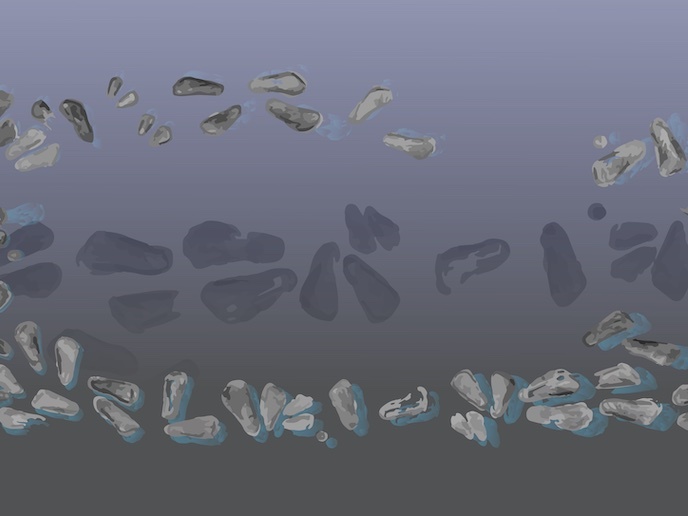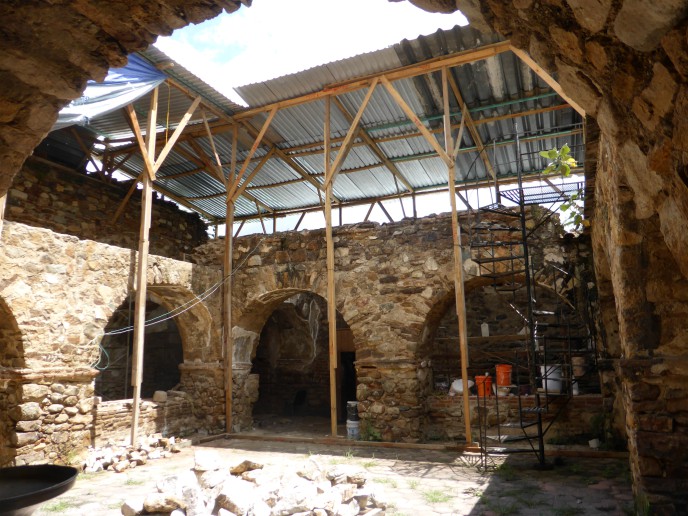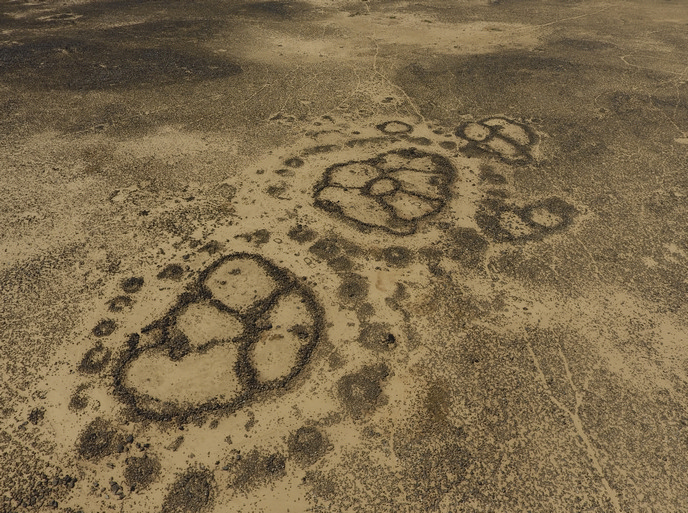Tracing travelling artists in Hellenistic Greece
The impact of travelling artists, poets and intellectuals on the cultural life of Ancient Greece increased during the Hellenistic age – the three centuries of Greek history between the death of Alexander the Great in 323 BC and the rise of Augustus in Rome in 31 BC. The PTANOIS POSIN(opens in new window) project, funded with the support of the Marie Skłodowska-Curie Actions(opens in new window) programme, sought to focus on this phenomenon, through investigating cultural mobility during this period. “PTANOIS POSIN, a Greek poetic expression meaning ‘with winged feet’, is about the spreading of culture, trends and professionalism in Hellenistic Greece,” explains project coordinator Angela Cinalli from Sapienza University of Rome(opens in new window) in Italy. “It is also about the role played by on-the-move culture, and its impact on social dynamics and identity.”
Reconstructing the Hellenistic cultural panorama
Although the products of these itinerant artists have been sporadically preserved, epigraphy – the study of engraved writings – provides crucial data for reconstructing a ‘popular’ phenomenon running alongside court-appointed culture. This research revealed two distinct patterns of movement: travels for performances outside of contests, and large-scale movements towards contests. Tracing the movements of these itinerants enabled Cinalli to learn more about their life stories, performances and careers. “I wanted to determine why these performers pursued a dynamic life,” she adds. “I also wanted to explore the way performances changed, understand the choices made by these itinerant artists, and trace artistic routes. I also wanted to elucidate how the ‘poeti vaganti’ phenomenon connected to the artistic guilds of the Hellenistic period.” This work revealed the edges of a fascinating phenomenon, which Cinalli believes deserves to be included in any reconstruction of the Hellenistic cultural panorama.
The Poeti Vaganti Database and epigraphy award
Building on this pioneering research, Cinalli and the IT team at the Center for Hellenic Studies(opens in new window) at Harvard University in the United States have developed the Poeti Vaganti Database. This freely available resource includes a searchable map that enables users to find itinerant routes, and to immerse themselves in the world of ancient travelling artists. Numerous academic papers have been published, and the project’s first monograph (vol. 2 is forthcoming) on the ‘poeti vaganti’ received an award(opens in new window) at the 2022 International Congress of Greek and Latin Epigraphy(opens in new window) in Bordeaux. PTANOIS POSIN successfully trained up researchers in digital research skills, creating new career opportunities. The project also sought to reach out to high-school students in Italy through storytelling based on epigraphic materials. “One website section, called Narrating the Stones(opens in new window), encouraged students and artists to create stories around inscriptions on the ‘poeti vaganti’,” says Cinalli. “The work of musicians and painters on the project concept also feature in the website.”
Reshaping the idea of Hellenism
Cinalli believes that this research will help to reshape our ideas of Hellenism moving forward, challenging existing perceptions and casting a new light on certain aspects of ancient culture. Building on new understandings of how Hellenistic culture circulated and interconnected at different levels will continue at Sapienza in the post-project phase. “We have made our results openly available in order to promote access to culture,” notes Cinalli. “We have also shown how culture can be reconstructed by means of epigraphic documents.” Cinalli intends to broaden the project to other disciplines creating collaborations with other institutions, and to continue engaging with students and artists around this research.







